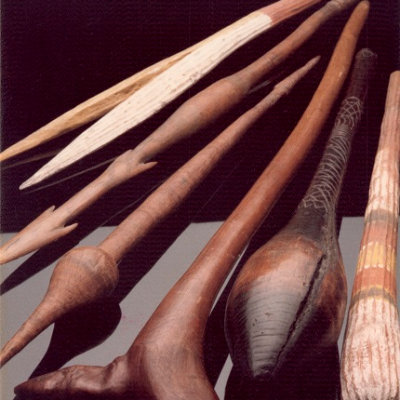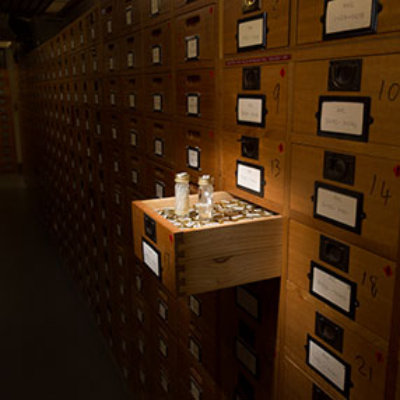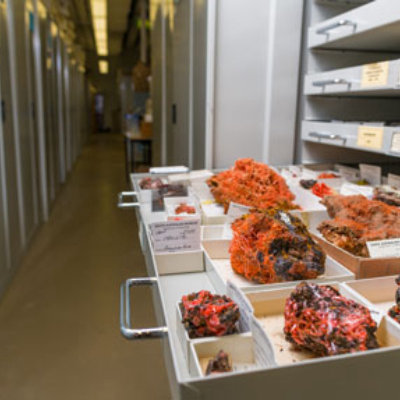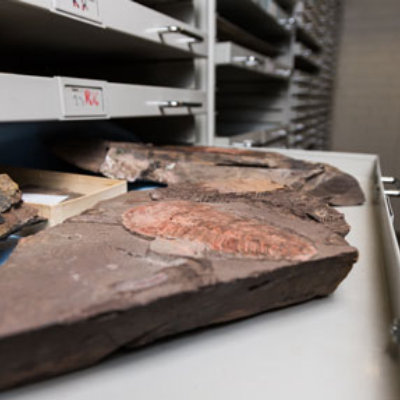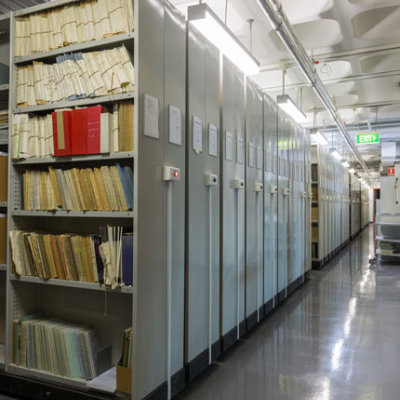Collections
The South Australian Museum houses over five million specimens and material cultural items. These specimens and items provide irreplaceable records with which we are constantly building and modifying our knowledge and understanding of the natural and cultural world. They are a vital part of Australia’s national heritage and play an integral role in the international scientific and anthropological communities' endeavour to document our world.
Temporary suspension of collection services
Access to the Collections of the South Australian Museum will be closed from late November 2023 while our staff undertake essential audit work. During this time we will not be accepting acquisitions or requests for loan or viewing of collection items.
All pre-existing bookings and commitments made prior to December 2023 will be honoured. We will also continue to honour requests from Aboriginal communities for access to their cultural heritage materials, particularly relating to repatriation activities.
This closure is expected to continue until mid-2024.
Our galleries remain open to the public, 10am-5pm every day except Christmas Day and Good Friday.
Any questions can be sent to collections@samuseum.sa.gov.au
Donations
Please note the Museum is currently in the process of reviewing its collections development policy and plans and, as a result, is not accepting any donations of objects or items in the short-term. Should you wish to make a donation please contact us at feedback@samuseum.sa.gov.au, we will keep your details on record and contact you once we have completed our review. We appreciate that you may make alternative arrangements for your item or collection in the meantime.
